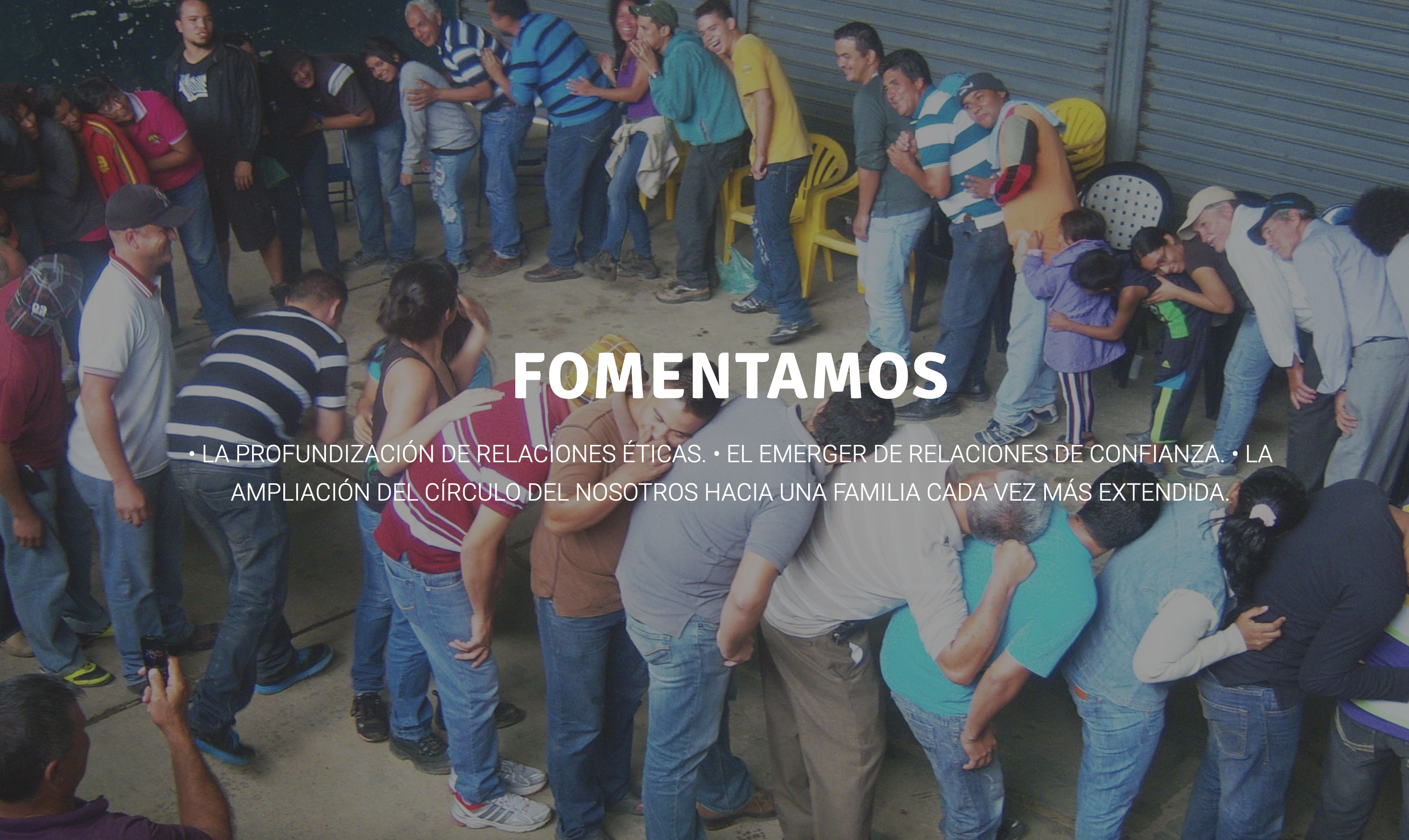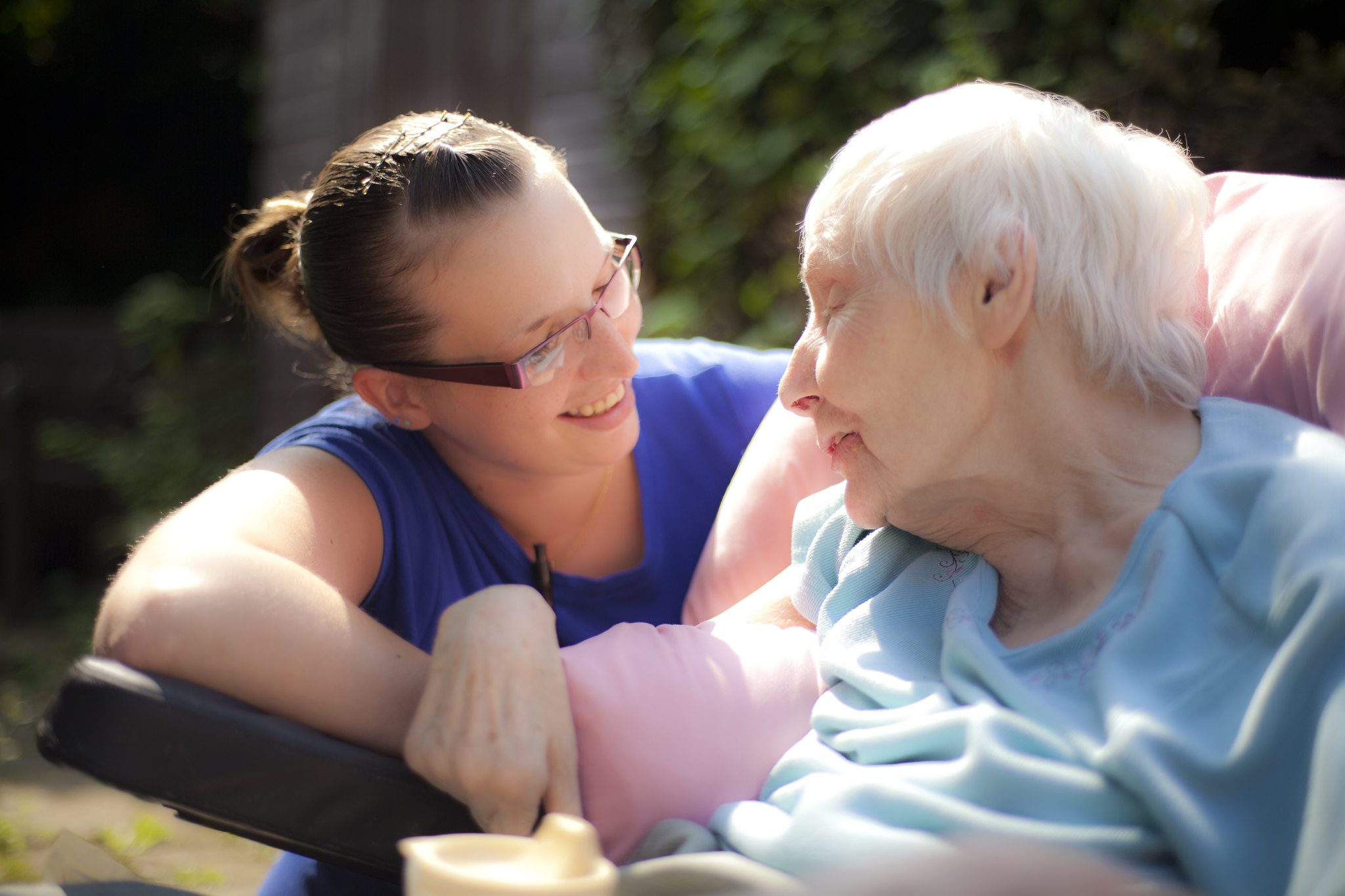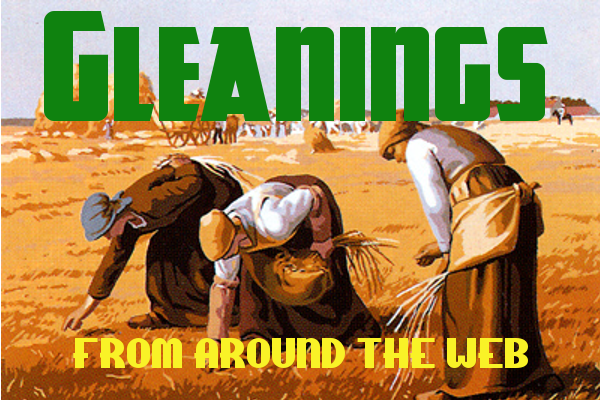Cecosesola is a Venezuelan cooperative federation founded in 1967 that not only has grown to an impressive size and scope, but that has done so while maintaining a radically egalitarian ethos that totally eschews many standard business practices. From their lack of hierarchy to their agenda-less meetings, the members of Cecosesola have proven over the course of decades that solidarity is at least as good a basis for successful business as the profit motive. This week, David Bollier interviews Cecosesola associate Gustavo Salas about this inspiring, though little known, co-op federation.
Then, a group of researchers present the results of surveys they conducted with 32 members of home care cooperatives around the US. Their findings confirm what many of us already knew: workers owning and controlling their businesses leads to greatly improved working conditions, and consequently to better quality work. While it may seem obvious that home care worker co-ops would provide superior care to profit businesses, it's always nice to have academic research to back it up.
Cecosesola and the Art of Commoning within Capitalist Markets
by David Bollier
Founded in 1967 in the state of Lara in Venezuela, Cecosesola got its start when working-class people in poorest barrios of the region organized to set aside money every month to build their own cooperatives. Nearly sixty years later, Cecosesola now coordinates a wide variety of enterprises. It works with farmers to supply 800 tons of vegetables to large urban produce markets serving 100,000 people a week. Its healthcare services treat 250,000 patients a year, including many specialties and surgeries. Its savings and loan cooperative, funerary enterprise, and dozens of other organizations serve low-income families at dramatically lower prices than conventional markets.
Drivers of Higher Care Quality at Home Care Cooperatives
by Geoffery M. Gusoff, Miguel A. Cuevas, et al.
The quality of care provided by home care workers (HCWs), on whom millions of Americans rely, is undermined by practices, structures, and policies that marginalize this workforce. Home care cooperatives—agencies co-owned and controlled by HCWs—represent a promising model for reducing HCW marginalization and improving care, but the specific ways in which the cooperative model may facilitate higher care quality are not well understood.
Co-op Cultivation in Brockton
Co-op Matters — The Co-op Cultivators of Greater Brockton (CCGB) have kept the momentum going in 2025 to promote and develop cooperative business practices in the greater Brockton area. Since its formation in 2018, CCGB as a project of Brockton Interfaith Community (BIC), has made it its mission to build a cooperative ecosystem in the greater Brockton area...Through the first half of 2025, CCGB has facilitated four trainings and trained 100+ youth and adults in cooperative business practices – some trainings translated into Haitian Creole and Cape Verdean Creole.
Amid economic uncertainty, a ‘solidarity economy’ grows in DC
The Wash —As tariffs threaten to drive up prices on everything from bananas to backpacks, and fears of a recession loom, many Americans wonder how they’ll continue to afford necessities...But amid this economic uncertainty, a different system is quietly taking root—one built not on profit but on cooperation. Since the start of the pandemic, many communities in Washington, D.C. have embraced what’s known as the solidarity economy: a network of grassroots efforts centered on meeting people’s needs.
UHAB Launches National Map of Limited-Equity Housing Cooperatives
UHAB — UHAB is thrilled to announce the launch of the National Co-op Map, the most comprehensive online tool tracking limited-equity housing cooperatives across the United States. After years of research, development, and community input, this highly anticipated relaunch features a cleaner design and more detailed, up to date data. Housing organizers, residents, and advocates have consistently expressed the need for a centralized resource like this—one that reflects the true scale and reach of the cooperative housing movement...
How a 65-home cooperative housing community saved 5,000 gallons of water a day
Cooperative Development Institute — This Spring, the Quabbin Sunrise Cooperative, a resident-owned manufactured home community with 65 households, made a big cost-saving discovery. Five-thousand gallons of water a day were leaking from various points in their water distribution system, leading to high water bills, increased wear and tear on the system, and compliance issues with the state’s water regulations. They would never have known the source of the leaks if it weren’t for the new smart water meters they installed back in May. After installing the smart meters, the results were instant. Daily water usage at the 65-home community dropped from 12,000 gallons to just 7,000. A single running toilet can waste more than 200 gallons a day...
Maximum Fun's Transition to Worker Ownership
Project Equity (YouTube) — For 20 years, the podcasting network Maximum Fun has delighted, intrigued and inspired the world with dozens of produced shows. They transitioned into a 100% worker-owned cooperative in June 2023 with help from Project Equity. The employees now have a significant stake in the network—and Maximum Fun is set up for resilience in a uniquely turbulent industry.
Like what you find on GEO?
Make a Donation Today!
Your tax-deductible contribution ensures that GEO can continue to provide independent grassroots content about the cooperative and solidarity economy movements.
Got something to say?
Let us know. Send your comments, suggestions, rants and article submissions to editors@geo.coop.
Follow us on Social Media
Mastodon: social.coop/@GEO_Collective
BlueSky: @geocollective.bsky.social
FB: facebook.com/GEOCollective
Twitter: twitter.com/@GEO_Collective
Instagram: instagram.com/grassrootsecon
Our mailing address is:
Grassroots Economic Organizing
P.O. Box 115
Riverdale MD 20738-0115




